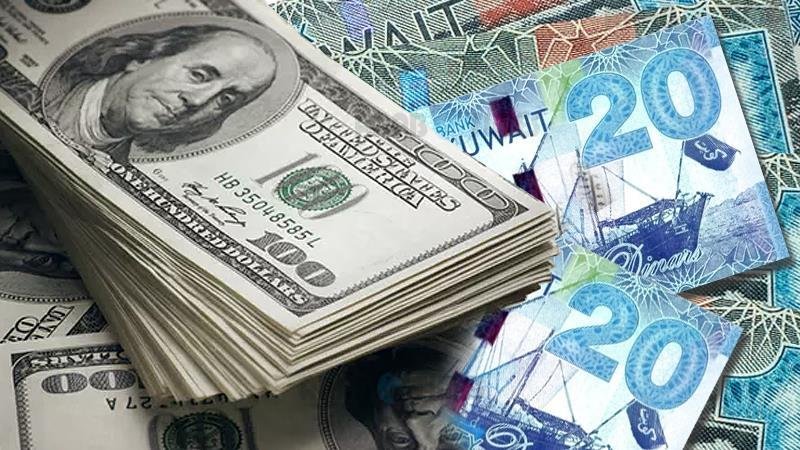Kuwait is strengthening regulations on its money exchange sector as part of its efforts to exit the Financial Action Task Force (FATF) “follow-up phase.” This phase evaluates how countries are progressing in fighting money laundering and terrorism financing. Kuwait’s Minister of Commerce and Industry, Khalifa Al-Ajeel, launched an inspection campaign aimed at ensuring exchange shops comply with newly implemented regulations. These regulations are designed to align the sector with international financial standards and improve transparency.
The inspection campaign focuses on areas with a high concentration of exchange offices. The initiative is a crucial part of Kuwait’s broader strategy to meet FATF requirements and bolster its economic standing on the global stage. Kuwait’s leadership is committed to enhancing the country’s financial reputation and ensuring full compliance with international standards.
An FATF report from November 2024 noted that while Kuwait has a legal and supervisory framework to combat illicit finance, it still faces challenges in addressing money laundering and terrorism financing effectively. Countries that fail to meet FATF’s recommendations risk being placed on the “grey list” or “black list,” which can have significant negative impacts on their international financial relations.
A key regulation introduced in June 2024 mandates that exchange businesses must meet stricter requirements set by the Central Bank of Kuwait. These requirements include a minimum capital of two million Kuwaiti dinars, with the deadline for compliance set for March 31, 2025. Exchange bureaus failing to meet these requirements face suspension, and local banks have been instructed to close their accounts, imposing penalties for non-compliance.
Additionally, the supervision of exchange bureaus has been transferred from the Ministry of Commerce and Industry to the Central Bank of Kuwait. The central bank now oversees the sector to ensure it adheres to financial standards and prevents illicit activities. Other regulations include a ban on currency speculation and requirements for robust internal control systems for businesses.
Kuwait’s exchange sector includes 138 offices regulated by the Ministry of Commerce and Industry, many of which have capital levels well below the two million dinar requirement. Additionally, 31 exchange companies are regulated by the Central Bank. The exchange offices are mainly focused on currency exchange and typically avoid international money transfers. They also deal with high-risk currencies like the Iranian rial and Syrian pound, which larger exchange companies usually avoid.
Kuwait’s inspection campaign has revealed that most exchange bureaus closed after the deadline expired, with only one recorded instance of non-compliance. It remains uncertain whether these closures were due to non-compliance or awaiting approval after making the necessary adjustments.





